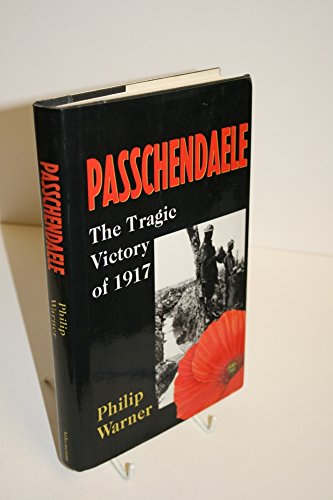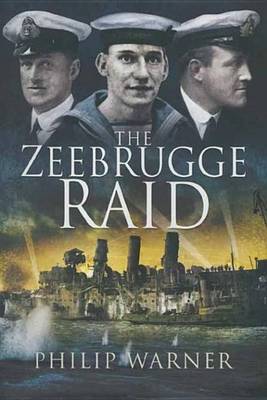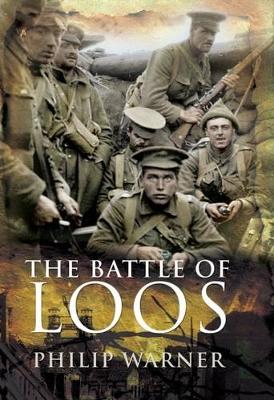Wordsworth Military Library
5 total works
Published to coincide with the 70th anniversary of the battle, this book gives a detailed analysis of the events that took place in the small Belgian village between July and November 1917, including the historical background, tactics and strategies, politics and the personalities involved. The author investigates the issues which had a crucial effect on the course of the battle, including the mutinous state of the French army, the inexplicable bombardment which destroyed the drainage system in the early days, General Sir Doublas Haig's determination to continue operations despite the appalling weather and ground conditions and the stormy relationship between Haig and Lloyd George. Philip Warner is a noted historian of 20th century warfare and the author of "Horrocks: The General Who Led From the Front" and "The Secret Forces of World War II".
Using first hand accounts and diaries of participants, this work describes the growth of the Mahdist movement and the devotion and discipline of the Dervish troops. Set against them, with stoic endurance, were British Egyptian and Sudanese soldiers.
Loos is a small mining town between Lens and La Bassee in northern France. But on 25th September 1915, and for a few days after, it was the centre of one of the most intense and bloody battles of the First World War. The casualties were appalling - about 60,000 of which the majority died on the first day. The main objective - a large-scale breakthrough - was not achieved although some 8,000 yards of enemy trench were captured and in some places their defences were penetrated up to two miles. Yet if the initial gains had been exploited the course of the war might have been different. If courage and determination could have won the day by themselves. Loos would have been a success. It is these qualities which Philip Warner's narrative reveals above all. For a large part of this story of Loos consists of survivors' own accounts and diaries of the time, including that of Sir John French. The author has traced survivors from all parts of the line, infantry, gunners and officers, and through their words has revealed one of the most horrific tales of war yet to be published as well as the determination and heroism that in the end turned the scales to victory.
It would seem from the general historical perspective that the Crimean War was the most mismanaged, brutal and futile campaign that has ever been fought. For well over a hundred years it has been presented as the classic model of military and medical blundering. Military inefficiency is felt to have been slightly redeemed by the glamour surrounding the ill-fated heroism of the Charge of the Light Brigade, and medical chaos made acceptable by the subsequent achievements of the diligent Florence Nightingale. The facts that the Allies won this war against extremely tough opponents, that at the end of it the British Army had reached a high pitch of efficiency, and that the campaign was one of extreme difficulty, are all too frequently glossed over or completely ignored. In this reappraisal Philip Warner puts the record straight, defining the army's achievements and setbacks, the medical and logistical misfortunes, and the sheer horror of the war, in the context of the time and place.



